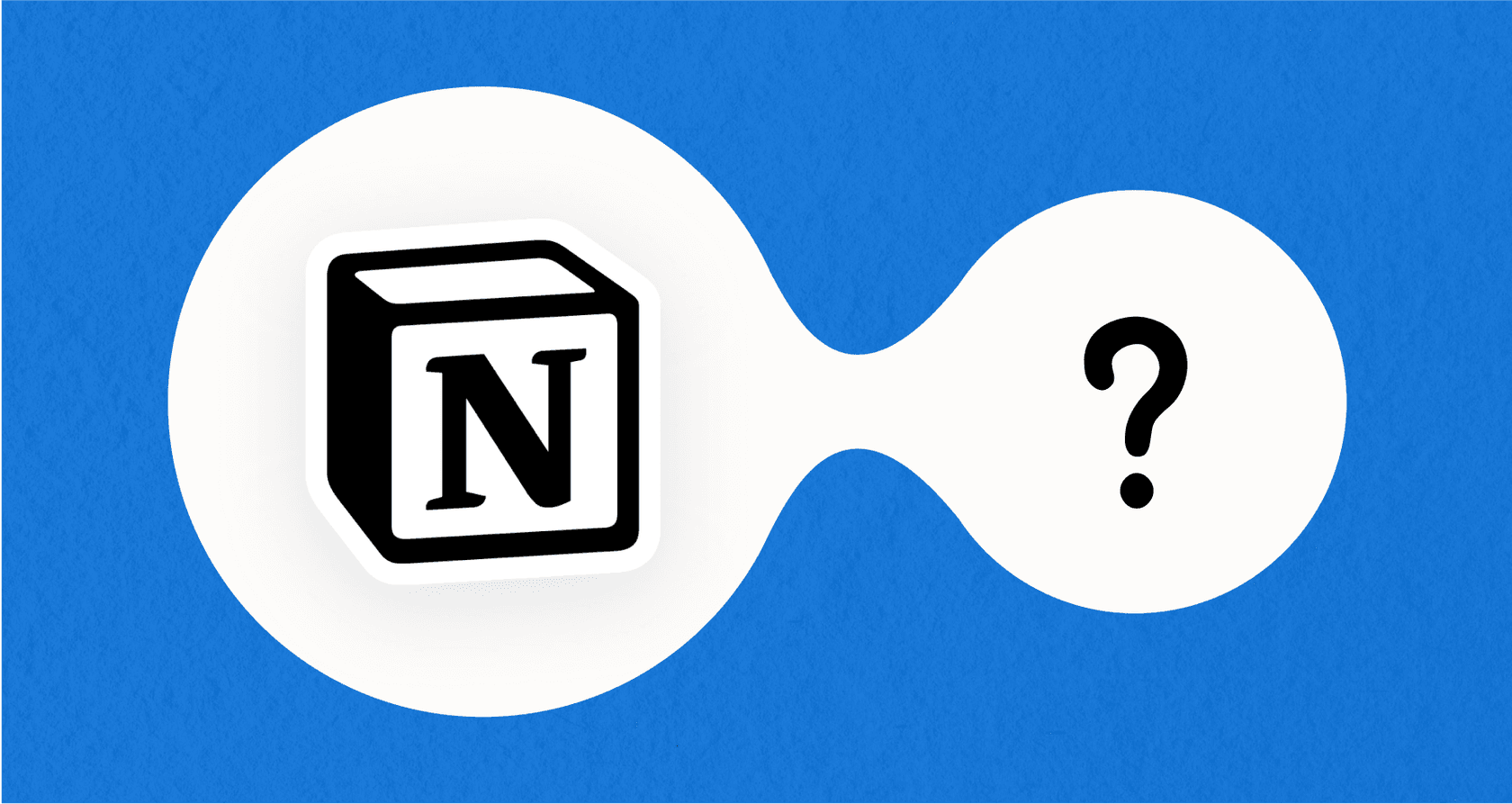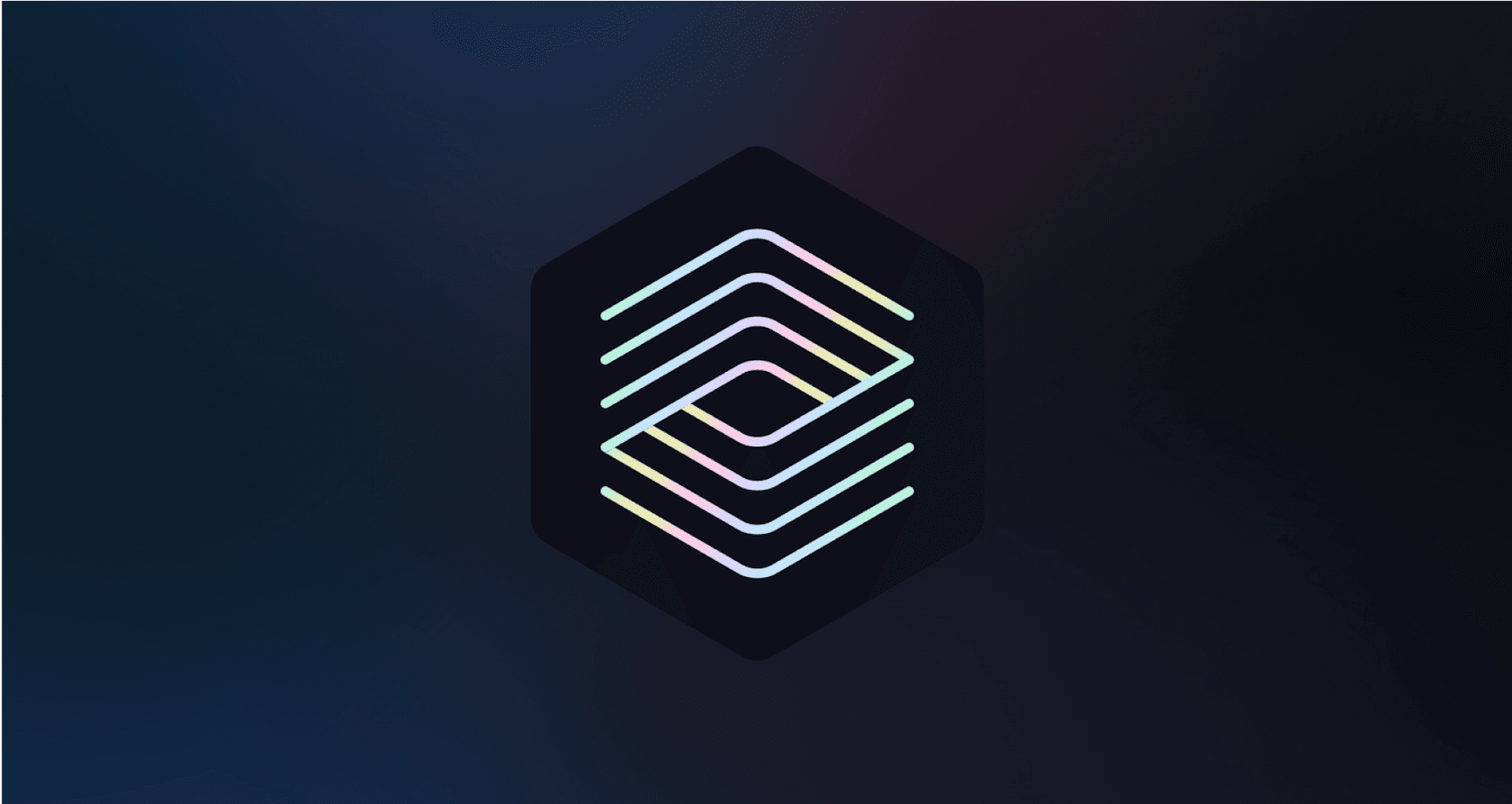
So, you want to connect your team’s Notion workspace to a speedy and affordable AI model like OpenAI's GPT-4o mini. The idea is brilliant: create a central brain for your team that can instantly answer questions, summarize research, and handle tasks by drawing from your own documents.
But as many have discovered, what sounds simple on paper can get complicated fast. Trying to link these tools can mean getting lost in a jungle of no-code platforms, developer-only protocols, and the sometimes-unpredictable nature of the latest AI models. This guide will walk you through the common ways to build Notion integrations with GPT-Realtime-Mini, pull back the curtain on their hidden complexities, and help you figure out the best path for your team.
What are Notion integrations with GPT-Realtime-Mini?
Before we get into the "how," let's quickly touch on the "what." This is about more than just hooking up two apps; it’s about making all your company’s knowledge useful and accessible through AI.
Notion is where so much of a modern team's work lives. It's the collaborative space where you build your collective brain, storing everything from project plans and meeting notes to entire internal knowledge bases. It’s where your most valuable, context-rich information resides.
On the other side, you have GPT-4o mini, one of OpenAI’s newest language models. It's built to be much faster and cheaper than older models like GPT-3.5 Turbo, but it still has serious brainpower. With a massive 128k context window, it can chew through huge amounts of text, making it a great match for a dense knowledge source like Notion.
The goal of integrating them is to let an AI like GPT-4o mini securely access and understand the information locked away in your Notion pages. This opens the door for an AI that truly gets your business to answer questions, summarize docs, draft new content, and power automated workflows.
Three ways to build Notion integrations with GPT-Realtime-Mini
When you decide to build Notion integrations with GPT-Realtime-Mini or another AI, you’ll likely find three main options. They range from user-friendly no-code tools to more technical frameworks that require a developer. Each has its own pros and cons when it comes to flexibility, cost, reliability, and the time it takes to get something working.
Method 1: Using no-code automation platforms like n8n and Zapier
For many, the first stop for connecting apps is a no-code automation platform like n8n or Zapier. These tools are like universal adapters, letting you build visual workflows that link different apps together without having to write any code.
You can set up simple "if this, then that" automations. For example, a trigger in one app (like creating a new page in Notion) can kick off a series of actions. That workflow could call the OpenAI API to process the content with GPT-4o mini and then do something with it, like post a summary in Slack.
What people use them for:
-
Automatically summarizing new meeting notes right after they’re added to a Notion database.
-
Generating new Notion pages from emails that have a specific label in Gmail.
-
Having an AI draft social media posts based on a marketing brief living in Notion.
The catch:
-
Simple workflows get complicated fast. A two-step process is easy to set up. But once you start adding more steps, "if/else" logic, and different paths, these visual builders can turn into a tangled mess. When something breaks, good luck trying to figure out where the problem is.
-
The costs can sneak up on you. Most of these platforms charge you for every task or operation in a workflow. An AI automation that reads a doc, summarizes it, and posts the summary in three places could chew through your monthly task allowance in no time. A busy week might lead to a surprisingly large bill, which is a far cry from the straightforward pricing of a purpose-built platform like eesel AI.
-
They're generalists, not specialists. These are jack-of-all-trades tools. They can run a workflow, but they can't actually learn from your company’s unique tone, context, or previous conversations the way a dedicated AI agent can.
Method 2: Building with Notion's native model context protocol (MCP)
If you have developers on hand, there’s a more direct route: Notion's Model Context Protocol (MCP). This is an open standard created specifically to let AI agents interact securely with a Notion workspace. It gives an AI a more structured way to use tools, making it more reliable than trying to parse a standard API.
Developers can run an open-source MCP server that acts as a translator between AI requests and Notion API calls. Notion even offers a hosted version to simplify the initial setup, but at its core, this is a tool for engineers.
What people use it for:
-
Creating a custom coding assistant that can search technical documentation in a Notion wiki and update project statuses.
-
Building a specialized research agent that can create, tag, and organize new pages in a team’s knowledge base.
The catch:
-
It requires serious technical skills. Let’s be clear, this approach is for developers. It involves writing code, setting up and maintaining servers, and handling authentication. It’s not a solution that a non-technical person can just pick up and use over a lunch break.
-
It’s a major time investment. A platform like eesel AI is designed to get you up and running in minutes. Building a stable, production-ready agent with MCP, however, can easily take weeks or even months of a developer’s time.
-
It’s better for tasks than for knowledge. MCP is great at getting an AI to do things in Notion, like creating a page or updating a database. It’s less suited for the trickier work of understanding and synthesizing information from across a wide range of documents that might not even all live in Notion.
Method 3: The hidden risks of DIY integrations
The big draw for models like GPT-4o mini is obvious: they’re fast and they’re cheap. But as more teams are finding out, saving money on AI processing doesn't always mean you're saving money overall.
The truth is, smaller and faster models can sometimes be less consistent. <quote text="Developer forums and Reddit are full of stories about models like "gpt-4o-mini" struggling with complex instructions or failing to use tools (also known as function calling) correctly." sourceIcon="https://www.iconpacks.net/icons/2/free-reddit-logo-icon-2436-thumb.png" sourceName="Reddit" sourceLink="https://www.reddit.com/r/n8n/comments/1kg7pw5/im_guessing_that_the_openai_gpt4omini_is_getting/"> An AI that only gets it right 80% of the time isn’t really helping; it’s just creating more manual cleanup work for your team.
A buggy, do-it-yourself integration built on a finicky model quickly becomes a time drain. It wastes your team's hours, gives them wrong information, and requires constant babysitting from your developers. The money you saved on AI tokens gets eaten up pretty quickly by high operational and development costs.
This is where a managed, purpose-built platform shows its real value. A tool like eesel AI is built from the ground up to be reliable.
-
Scoped knowledge: You can easily restrict the AI to specific Notion pages, databases, or other knowledge sources. This stops it from making things up or pulling in irrelevant information and forces it to base its answers only on the content you’ve approved.
-
Custom prompts & actions: You get full control to tweak the AI's instructions and define a list of reliable, pre-tested actions it can perform. This helps you work around a smaller model’s potential weak spots by giving it a clear and structured playbook.
-
Powerful simulation: Most importantly, eesel AI lets you safely test your entire setup on thousands of past customer conversations before you go live. You can see exactly how your AI would have responded, spot any weak points, and get a real forecast of your automation rate. This takes the guesswork out of the entire process in a way no DIY approach can.

A better approach: Unifying your knowledge with a purpose-built platform
The methods we've covered are often too complicated for non-developers, too unpredictable for real business use, or too generic to provide real intelligence. They treat Notion as just another app in a simple, linear workflow. But your company’s knowledge isn’t linear; it’s a web of connected documents, conversations, and data.
The best approach is to use a platform designed for that reality. eesel AI was built to bring all your scattered knowledge together and turn it into a reliable AI assistant.
Here’s what makes a purpose-built platform different:
-
It goes beyond Notion. Your team's brain isn't just in Notion. It's in Google Docs, Confluence, Slack, and your help desk. eesel AI connects to all of them with simple integrations, creating one comprehensive source of truth for your AI.
-
Anyone can use it. You can connect your knowledge sources, tweak your AI's personality, and launch an expert assistant in minutes. You don’t have to write code, schedule a demo, or talk to a salesperson just to get started.
-
You're always in control. With features like the simulation mode, fine-grained controls over what the AI can see and do, and clear reporting, you're always in the driver's seat. You can start small, check the performance, and scale up your automations with confidence.
-
The pricing is predictable. Our plans are based on overall usage, not confusing per-task or per-resolution fees. You can grow your operations without stressing about a surprise bill at the end of the month.

Move from simple integrations to true intelligence
Building effective Notion integrations with GPT-Realtime-Mini is about more than just wiring two tools together. It’s about creating a smart, reliable, and trustworthy system that gives your whole team superpowers.
While DIY methods using no-code tools or developer protocols are tempting, their hidden costs, steep learning curves, and reliability headaches often make them a poor choice for the long run. A purpose-built platform offers a faster, safer, and more powerful way to unlock the knowledge stored in Notion and all your other essential workplace apps.
Ready to turn your Notion workspace into an expert AI assistant? Get started with eesel AI for free and see for yourself how easy it is to unify your knowledge and automate your work in minutes.
Frequently asked questions
The primary benefit is creating a central AI brain that can instantly answer questions, summarize research, and handle tasks by drawing directly from your team's Notion documents. This makes your company's knowledge more useful and accessible.
Yes, complex workflows can quickly become tangled and hard to debug, and the per-task pricing can lead to unexpectedly high costs. Additionally, these platforms are generalists and don't learn your company's unique context as deeply as specialized AI agents.
Yes, this approach is specifically for developers and requires significant technical skills, including writing code and maintaining servers. It also represents a major time investment compared to off-the-shelf solutions.
Smaller, faster models like GPT-4o mini can sometimes be less consistent, struggling with complex instructions or tool usage. This can lead to an AI that only gets things right 80% of the time, creating more manual cleanup work and negating initial cost savings with higher operational costs.
Eesel AI provides scoped knowledge, custom prompts, and actions to guide the AI, and a powerful simulation mode to test performance. This ensures the AI bases answers on approved content and works reliably before going live, minimizing guesswork.
Yes, platforms like eesel AI are designed to connect to various knowledge sources beyond Notion, including Google Docs, Confluence, and Slack. This creates a more comprehensive source of truth for your AI assistant.
A purpose-built platform like eesel AI offers the fastest and most user-friendly way to get started. You can connect your knowledge sources and launch an expert AI assistant in minutes without needing to write any code.
Share this post

Article by
Stevia Putri
Stevia Putri is a marketing generalist at eesel AI, where she helps turn powerful AI tools into stories that resonate. She’s driven by curiosity, clarity, and the human side of technology.






